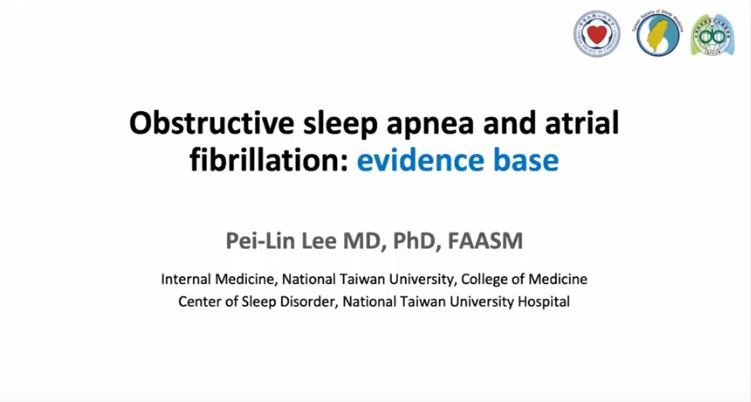
The studies investigating whether obstructive sleep apnea (OSA) was a risk factor for atrial fibrillation (AF) burden (incidence, recurrence, and progression) had inconsistent results. The meta-analysis showed that OSA was associated with a higher risk of AF, unexplained new-onset AF, and AF recurrence after ablation and after cardiac surgery. These findings support that OSA has adverse effects on AF incidence.
The consensus recommendation regarding the OSA and AF
1. We suggest that a 24- to 48-hour electrocardiogram monitor, in addition to history, pulse taking, and auscultation, be used to detect AF in patients with OSA.
2. We suggest using a screening questionnaire identify OSA in patients with AF. Patients who are identified as having a high risk of OSA or a low risk with clinical concern should undergo diagnostic testing to confirm the diagnosis of OSA.
3. We suggest that home sleep apnea testing be used for the diagnosis of OSA in patients with AF.
4. We recommend that clinicians use continuous positive airway pressure to treat OSA in AF patients to reduce AF recurrence after catheter ablation.